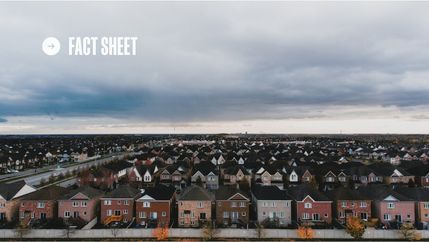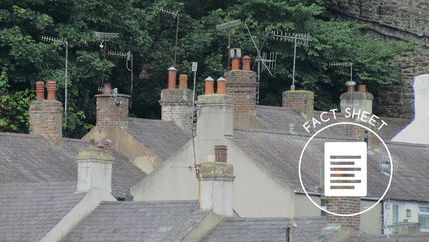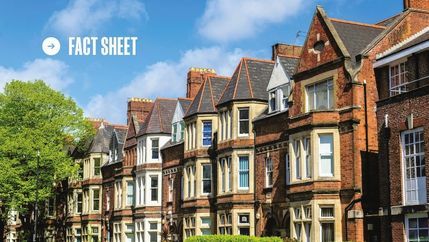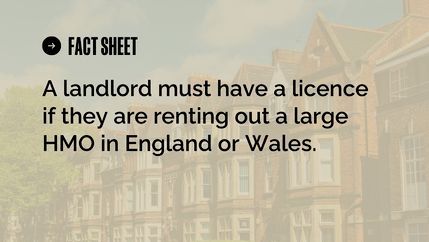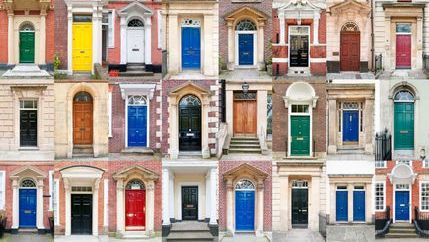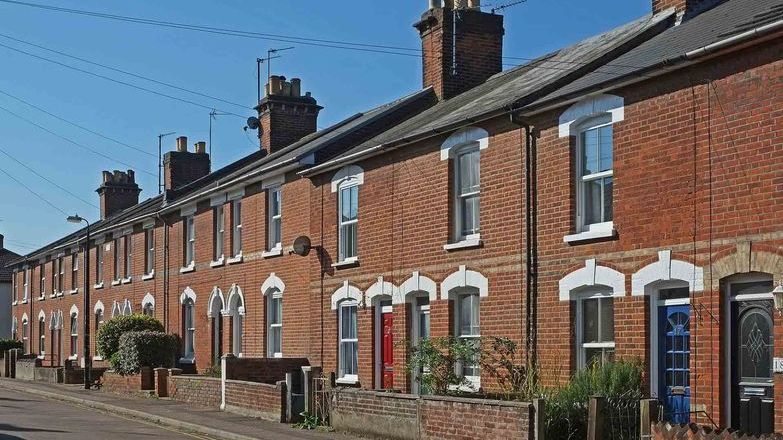
Previously, the council had awaited the Secretary of State’s authorisation for licensing schemes covering over 20% of the borough. The new regulations remove this hurdle, enabling the council to proceed more swiftly.
The private rented sector (PRS) in Barking and Dagenham has rapidly grown and now accounts for nearly a third of all homes. According to the council, over 8,000 property inspections have been conducted under previous initiatives, and under the new regime, properties requiring a licence will be inspected before being approved. Fee discounts of up to £250 will be available for landlords demonstrating best practices.
Propertymark campaigning
We strongly disagree that licensing is the best method to improve housing stock within the PRS and, with the imminent introduction of the Renters’ Rights Bill, local licensing will become an even greater distraction from the enforcement of overarching standards that will be brought in under the legislation.
Local authorities should provide access to information, education, and support as a more credible way to gain buy-in and raise standards over the long term. This approach recognises and rewards landlords and letting agents who adhere to good practices and enables local authorities to target their resources on effective intelligence-led enforcement.
Propertymark regularly responds to local consultations, highlighting concerns that such schemes often create unnecessary barriers for good landlords while doing little to address the root causes of poor housing conditions. Resources would be better spent on initiatives that foster collaboration and compliance, rather than penalising those already adhering to high standards.
Supporting our members
We have produced comprehensive fact sheets covering key information about mandatory, selective, and additional licensing in England and Wales which our letting agent members can download from our Knowledge Hub.
Members can also use our template to respond to licensing consultations in their area.
Fact sheet: Selective licensing
The Housing Act 2004 allows local authorities to apply for Selective Licensing of privately rented properties in areas which are experiencing low housing demand and/or suffering from anti-social behaviour. The same Act also introduced a new licensing regime for Houses in Multiple Occupation (HMO).
Fact sheet: Selective Licensing (Wales)
The Housing Act 2004 allows local authorities in England and Wales to apply for Selective Licensing of privately rented properties in areas which are experiencing low housing demand and/or suffering from anti-social behaviour.
Fact sheet: Additional licensing
The Housing Act 2004 introduced licensing for Houses in Multiple Occupation (HMOs). Additional licensing is when a local authority can impose a licence on other categories of HMOs in its area which are not subject to mandatory licensing.
Fact sheet: Licensing of Houses in Multiple Occupation (HMOs)
In May 2015, the UK Government announced that they would extend mandatory licensing of HMOs to address poor conditions and overcrowding. Under the Housing Act 2004, an HMO is a property rented out by at least three people who are not from one ‘household’ but share facilities like the bathroom and kitchen.


